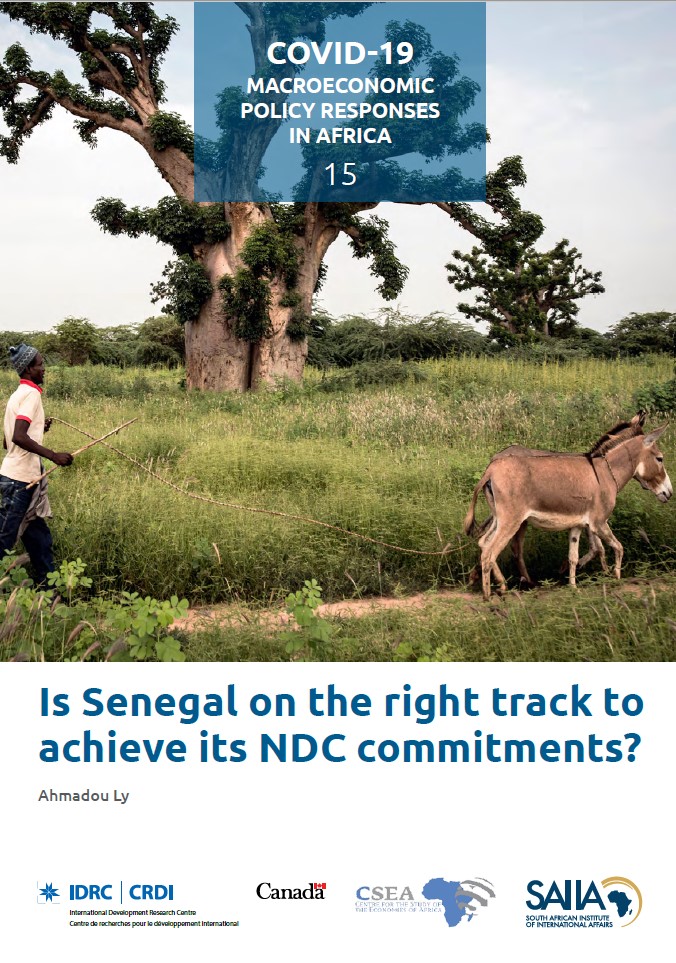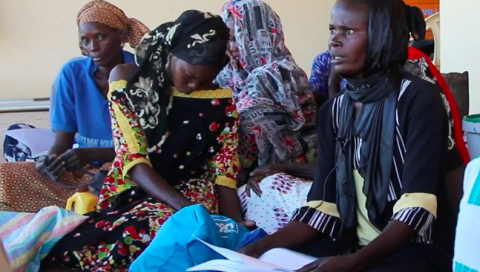Accueil / Que faisons-nous ? / Recherche / Changement climatique / Is Senegal on the right track to achieve its NDC commitments (...)
Is Senegal on the right track to achieve its NDC commitments ?
Publié le 17 janvier 2023
The NDC frameworks agreed to under the Paris Agreement represent each country’s
commitments to reduce global greenhouse gas (GHG) emissions and adapt to climate change.
In line with UN Framework Convention on Climate Change (UNFCCC) guidelines, Senegal developed and submitted its first NDC report in December 2020. The overall implementation value of these NDC projects and activities by 2030 is estimated at $13 billion, of which $8.7 billion is dedicated to mitigation and $4.3 billion to adaptation.1 The COVID-19 pandemic has weakened economies globally, particularly those of low-income countries, which generally have fewer coping options and resources. Senegal’s gross domestic product (GDP) growth shrank from 4.6% in 2019 to 1.3% in 2020.2 The government initiated socio-economic responses totalling $2 billion through the Socioeconomic Resilience Plan (PRES) to support affected sectors and households. Although the pandemic was an opportunity to bolster Senegal’s climate action pledges, this was not a priority in its immediate stimulus package.3 Thus, while the country has kept to its commitments summarised in the NDC, the pandemic has caused delays in implementing climate adaptation and mitigation projects.
For example, the Bus Rapid Transit (BRT) project has slowed down and has seen only 37% implementation instead of the targeted 65% by September 2021.4
Based on its recent NDC submission, it is still too early to undertake a full assessment of Senegal’s implementation of its NDC commitments, and there is no clear overview of how actual climate projects on the ground fit in with the government’s action plan. Nonetheless, the country
has undertaken various responses to the climate change threat. Hence, it is key to analyse actions taken in terms of its NDC commitments. It is also essential to examine how climate policies are embedded in Senegal’s macroeconomic policies to gain some insight into their level of climate-responsiveness.
This paper analyses the progress made by Senegal since the Paris Agreement, examining the different tools leveraged to achieve the country’s commitments. It also assesses the government’s climate priorities to understand how well they are reflected in its macroeconomic policies. Finally, it makes policy recommendations to enable Senegal’s national and sectoral policies to align with its NDC commitments and more effectively produce results.











